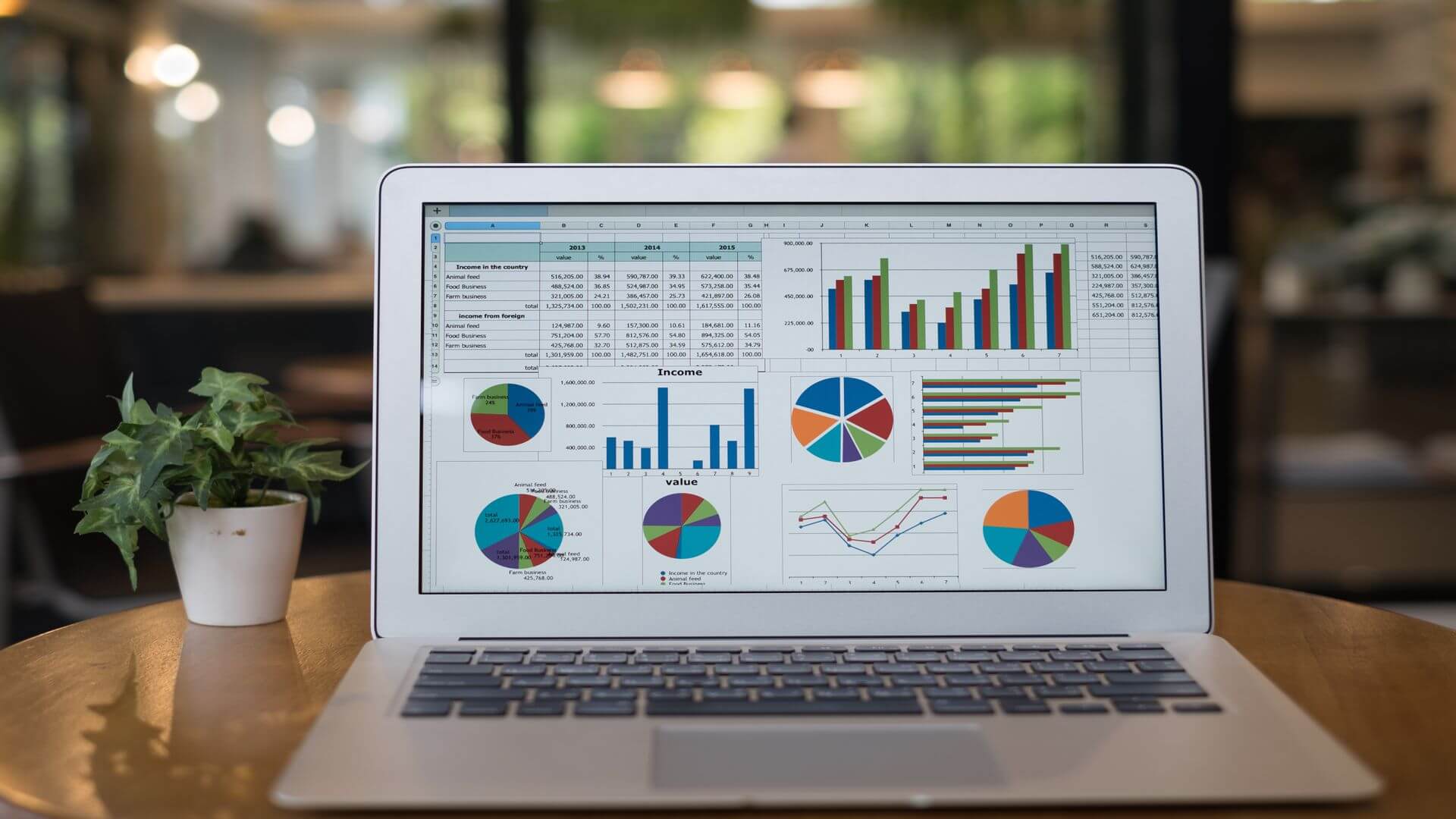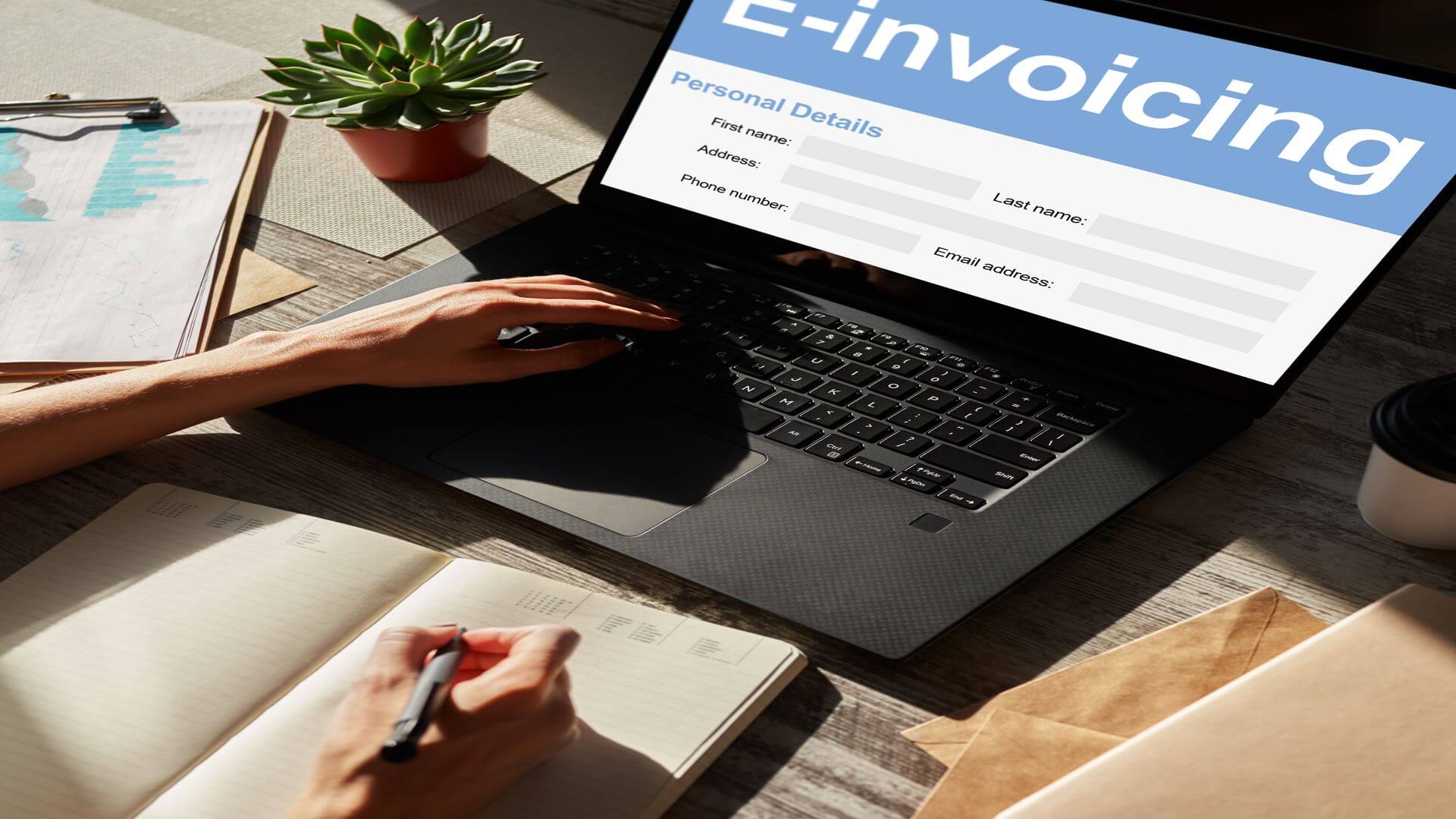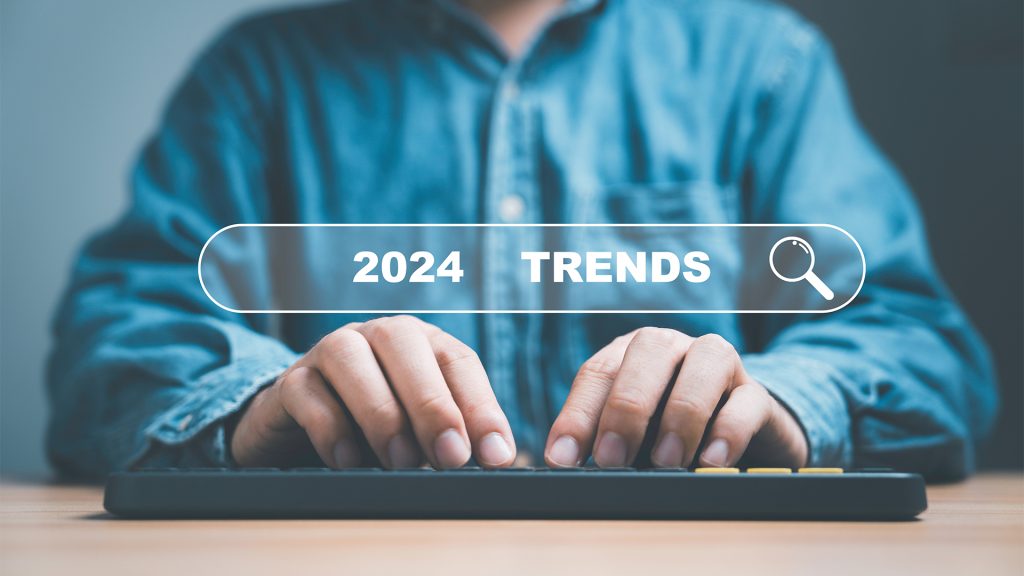
Completing accounting tasks can be complex and time-consuming, especially when using tools like spreadsheets. That’s why most businesses now take advantage of useful tools, such as online invoicing and accounting software.
Companies rely on
online invoicing software to generate bills for services or products they have provided to clients. They also depend on it to monitor their cash inflow, offer varying payment methods to clients, and process payments efficiently.
Furthermore, they use accounting software to improve efficiency, enhance security, and access data anywhere and anytime. For instance, accounting software simplifies bookkeeping. All you have to do is input your business’ transactions, and the software computes the total amount.
Finding the right accounting software can be tricky, though. Continue reading to learn about the key considerations when choosing accounting software.
1.Scalability
Today, you might be running a small business. So, it will be practical to purchase any accounting software you find on the market. However, if you expect your company to grow and expand in the future, you should consider scalable accounting software.
Scalable accounting software is an automation tool that can grow with your business. In simple terms, it’ll serve you today when dealing with a few invoices and in the future, when the volume of transactions increases.
One of the benefits of choosing scalable accounting software is to save money. Note that installing an unscalable tool might cause you to replace it in the future when your business expands.
To make sure that the software is scalable, figure out what functions or upgrades you might need to manage the expansion of your business. Some functions that you’ll find helpful when your business grows are accounts payable and receivable, general ledger, payroll management, and inventory. Check the costs of these functions or upgrades as well.
2.Ease Of Use
You’ll come across a variety of
accounting software on the market. However, some of them may be difficult to use. Complex accounting software can do more harm than good. For instance, it can lead to low productivity. You might have to spend a lot of time training your workers on how to use the software, or you might have to hire a professional for training, which will only add more expenses.
Hence, you should opt for one that’s simple to use. A simple accounting software features a user-friendly user interface. Search for one that also comes with clear instructions on how to enter data.
Checking out online reviews will help you determine whether an accounting software is easy to use. You can try testing out some programs too, so you have a clear idea of how they work and what features they offer.
3.Compatibility
A scalable accounting software might not offer much value if it isn’t compatible with existing solutions, such as shipping systems, payroll applications,
MTD for corporation tax, and sales platforms.
In addition, the accounting software should be compatible with your bank’s software. It must integrate with your bank, so you can easily access bank transactions and complete bank reconciliations. A lot of time is saved when bank reconciliations are automated.
4.Security
Cyberattacks are major threats to the growth of any business. Since your accounting software will carry a lot of business and customer
data, you need to ensure that it offers strong security features that will block unauthorised access or protect sensitive information from hackers.
Security features to look for include automatic updates, auto clean, password protection, and encryption.
5.Price
A variety of accounting software are priced differently. There are a lot of companies that provide a desktop-based solution with a one-time fee. Other companies sell software as a service (SaaS) solutions with a monthly fee.
Monthly plans may start at USD$10 and could reach USD$100 or more, depending on the number of users and features. If you choose to pay the annual fee, you’re likely to get a good discount.
Some software are expensive while others are accessible. It may seem wise to buy the cheapest software, but the price shouldn’t be the only determining factor. You have to take the quality and features into consideration as well. For example, software with advanced features, such as automatic payment reminders, sales tracking, project tracking, reports and analysis, and inventory management, cost more. If you need these features, expensive software will be worth every penny.
Takeaway
Looking for the right accounting software is easy when you know what you need and what factors to consider. It will also help to make a list of features or functions that will be useful for your business.

 Completing accounting tasks can be complex and time-consuming, especially when using tools like spreadsheets. That’s why most businesses now take advantage of useful tools, such as online invoicing and accounting software.
Companies rely on online invoicing software to generate bills for services or products they have provided to clients. They also depend on it to monitor their cash inflow, offer varying payment methods to clients, and process payments efficiently.
Furthermore, they use accounting software to improve efficiency, enhance security, and access data anywhere and anytime. For instance, accounting software simplifies bookkeeping. All you have to do is input your business’ transactions, and the software computes the total amount.
Finding the right accounting software can be tricky, though. Continue reading to learn about the key considerations when choosing accounting software.
Completing accounting tasks can be complex and time-consuming, especially when using tools like spreadsheets. That’s why most businesses now take advantage of useful tools, such as online invoicing and accounting software.
Companies rely on online invoicing software to generate bills for services or products they have provided to clients. They also depend on it to monitor their cash inflow, offer varying payment methods to clients, and process payments efficiently.
Furthermore, they use accounting software to improve efficiency, enhance security, and access data anywhere and anytime. For instance, accounting software simplifies bookkeeping. All you have to do is input your business’ transactions, and the software computes the total amount.
Finding the right accounting software can be tricky, though. Continue reading to learn about the key considerations when choosing accounting software.









